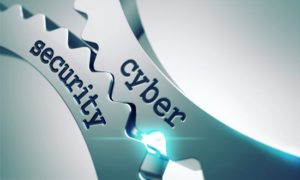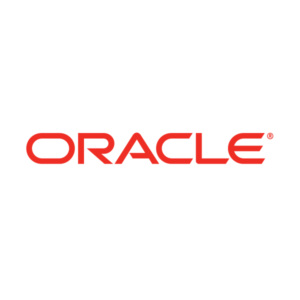What do CMOs need to know about cybersecurity?
Cybersecurity is a fundamental consideration for all organizations operating in today’s connected and data-driven world. While all who work across your business – from the IT department, to the PR team and beyond – need to understand the fundamentals of cybersecurity, CMOs have a special responsibility as leaders to ensure they are mitigating risk and are prepared in the event of a possible breach. Here are five things CMOs need to know.
1. Vulnerabilities
In business, CMOs are perhaps some of the best placed when it comes to understanding the global reach of an organization. This is of particular importance when it comes to cybersecurity, as the growing popularity of globally-connected technologies – such as cloud storage and mobile sharing – bring with them increased points of potential vulnerability.
This is a key concern for the CMO, as they are custodians of potentially massive amounts of customer data. Recent security breaches at companies like Yahoo, Deloitte and Equifax have massively damaging implications – both in terms of revenue and brand trust.
CMOs need to be aware of the proliferation of connected technologies across the organization in order to fully understand where possible breaches might happen.
2. Threats
Understanding potential vulnerabilities is one step; acknowledging actual threats is another.
Businesses need to be prepared for increasingly sophisticated and globally organized attackers. Vulnerabilities can give hackers access to confidential business information, as well as lead to theft of personal information of staff and customers.
It is the last threat which is perhaps the most important to be prepared for. The breakdown of trust between organization and customer is the most damaging to business and brand image going forward.
CMOs also need to acknowledge theft of information in the digital realm is not the only threat. Connected IoT devices can also allow hackers to potentially gain access in the physical space such as buildings and vehicles.
3. Prevention
CMOs need to be clear as to how such cybersecurity breaches can be prevented.
They need to collaborate with those across other business departments in ensuring there are clear organization-wide guidelines for security best practice – including keeping apps and software up-to-date, changing passwords regularly and educating team members about phishing scams.
It is essential that CMOs champion these activities within their team, and ensure policies, training and enforcement are up-to-date. Working closely with the local governments is a good way to standardize practices to match those in the wider business community – and to ensure compliance.
For businesses with European connections, GDPR provides a good opportunity to review data best practices.
4. Action
A keen understanding of the above and the most stringent prevention techniques will never make an organization completely immune from cybersecurity breaches.
CMOs can use data and speculation tools to plan action in post-breach scenarios. Again, preparedness for action is key – and collaboration between CMOs and all other business teams are the best way to ensure the correct action takes place if cybersecurity is undermined.
5. Communication
All staff need to understand the importance of cybersecurity – but CMOs can help ensure that knowledge is shared. Collaborations tools help streamline this process by providing channels for any team to communicate.
If a cybersecurity breach has already happened, synergy among C-suite, security, IT and public relations teams is critical. CMOs must have answers to the questions like: What are your best practice communications strategies with customers? Is information about the breach easy to find for worried consumers?
In the event of a cybersecurity breach, businesses need to be clear in their external communications – clarifying exactly what data was exposed and making users aware of worst-case scenarios.
Takeaways
When it comes to cybersecurity, no organization can be 100% protected from breaches. All staff members need to clear on the above five areas, and CMOs have a unique position in being able to lead planning and education within the business to ensure all teams can work quickly and efficiently if the worst happens.
It is the responsibility of the CMO to ensure customers are protected and that they are first to know should such a breach occur. Collaboration and communication is key during such situations – to ensure trust is maintained, information is accessible and order is restored as soon as possible.
ABCO Technology teaches a comprehensive program for cyber security. Call our campus between 9 AM and 6 PM Monday through Friday at: (310) 216-3067.
Email your questions to: info@abcotechnology.edu
Financial aid is available to all students who can qualify for funding.
ABCO Technology is located at:
11222 South La Cienega Blvd. in STE # 588
Los Angeles, Ca. 90304.
Get trained and certified for cyber security today!





